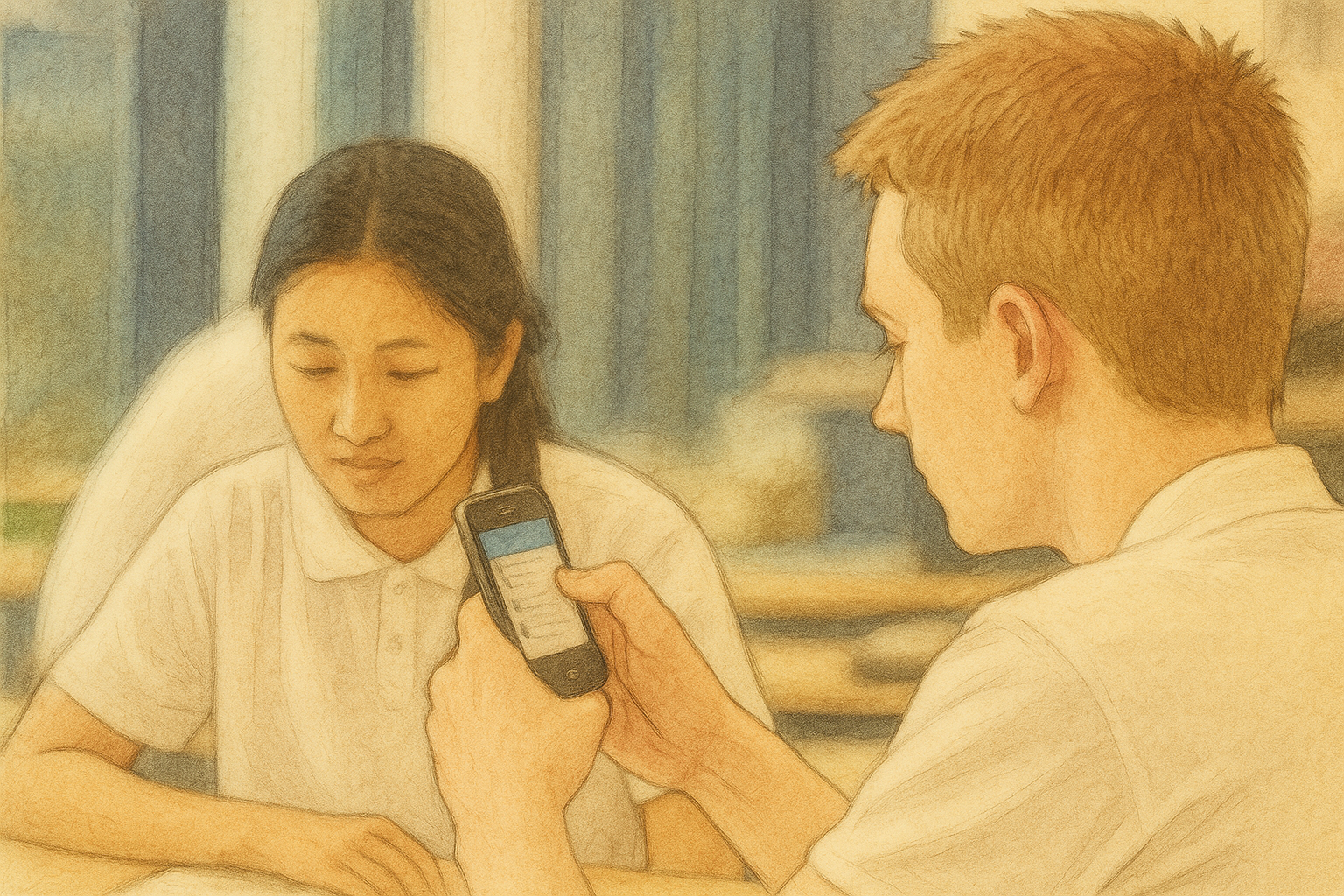Phone-Free Schools: A Parent’s View on “Terminally Online” Teens
A Somerset secondary is weighing a phone-free policy after pupils shared disturbing videos. As a parent and tech specialist, here’s why I support tighter school rules — and how to make them work without a backlash.

The story in brief
After graphic footage circulated among pupils on WhatsApp and Snapchat, Backwell School is considering making the site phone-free using locked pouches. Local university research suggests a significant minority of students report negative experiences linked to smartphones, and teachers say phones are draining attention in class.
My take (parent first, tech second)
I’m not anti-phone. I’m pro-focus, pro-sleep, and pro-safety. In school hours, phones rarely support those goals. A phone-free day helps children concentrate and reduces the chance of harmful content bouncing around classrooms. The key is pairing any restriction with clear teaching about why it exists and how to use tech well outside school.
What a phone-free policy gets right
- Protects attention: fewer interruptions equals calmer classrooms and better learning.
- Reduces harm spread: disturbing clips and bullying screenshots travel slower when devices are away.
- Sets a norm: “we don’t need phones to learn” becomes part of the school culture.
Where it can go wrong
- Mixed messages: if some staff use phones freely, pupils will see the rule as unfair.
- Weak rollout: unclear storage or exceptions lead to arguments at the gate.
- No “after-school plan”: if evenings are chaos, daytime gains disappear.
What good implementation looks like
Clear, simple rule
“From bell to bell, phones are off and away.” Staff model the same standard where possible.
Safe storage & exceptions
Locked pouches or classroom lockers; documented exceptions for medical needs and carers, recorded by pastoral staff.
Education, not just enforcement
Short sessions on misinformation, bystander behaviour, reporting tools and why graphic content harms everyone who shares it.
What families can do tonight
- Switch off autoplay and disable “save to camera roll” in chat apps to reduce viral sharing.
- Move phones out of bedrooms and set a household digital bedtime 60 minutes before sleep.
- Create a home rule for graphic content: “Stop, don’t share, tell an adult.”
- Use built-in controls: parental controls on iPhone & Android.
Questions I’d ask the school
- How will exceptions be handled fairly and privately?
- What digital citizenship teaching will run alongside the rule?
- How will parents be notified in a genuine emergency during the day?
- What support is offered after an incident involving harmful content?
The bottom line
Phones aren’t evil, but they are engineered for attention. During school hours, attention belongs to learning and to each other. A well-designed phone-free policy can help — if it’s consistent, explained, and paired with good tech habits at home.
